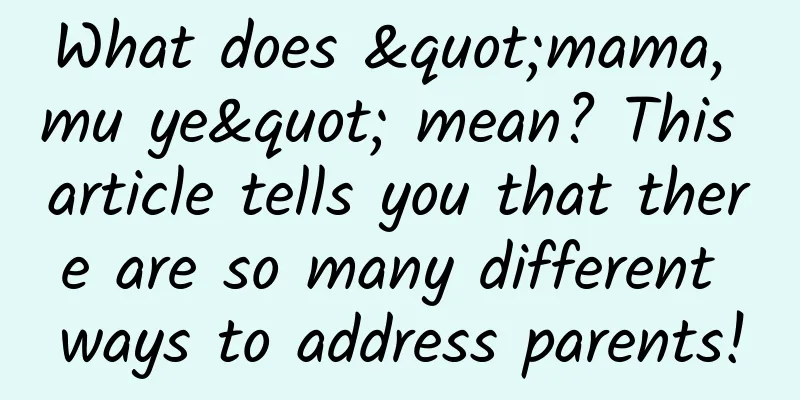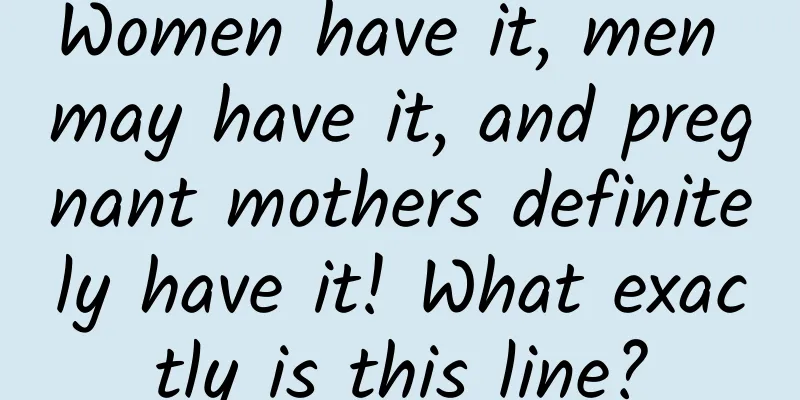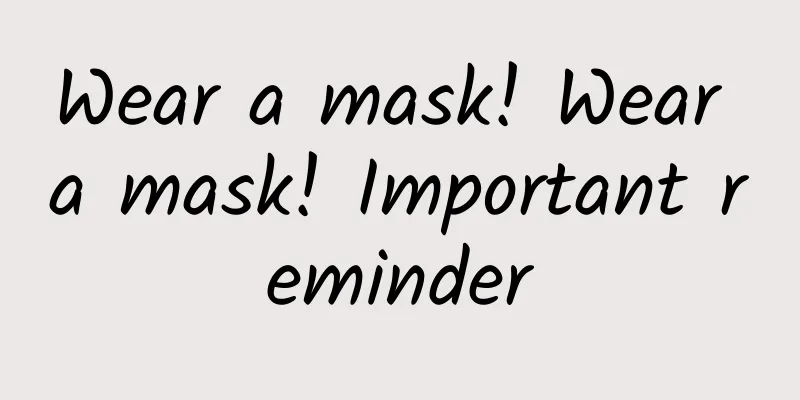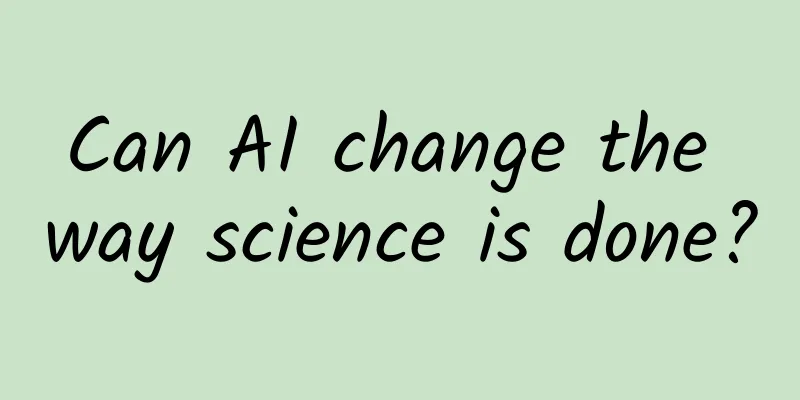What does "mama, mu ye" mean? This article tells you that there are so many different ways to address parents!

|
Parents are the closest people to us in this world and the core members of our family. Let's talk about the names of mother and father. Why are "mom" and "dad" the most commonly used among so many names? Image source: Paixin Creative From ancient times to the present, in the Chinese world, the names of parents are particularly rich and complex. According to incomplete statistics, there are more than 100 names for "father" and more than 80 names for "mother" that have been passed down to this day. There are also many interesting things to be seen from the changes in the names of parents. #1 Mother " Mom " is not only the first person we see when we come to the world, but also the first word most people learn. It is not only used by Chinese people today to refer to mothers. In most countries and regions around the world, although the languages are different, the pronunciation of mothers is similar to "Mom". This is mainly because when a baby opens his mouth to exhale, the upper and lower lips touch and it is easy to make the "ma" sound, so "Mom" easily becomes a synonym for mother. Image source: Paixin Creative In ancient China, the language had a special feature, that is, the written language and the spoken language were not consistent. Although "mama" has long appeared as a spoken language, it was rarely used in ancient writing. Some experts believe that "mama" comes from the word " mu ", because "mu" was pronounced "mǐwə" in ancient China, and later gradually evolved into "ma", so "mama" and "mu" are actually the same word. In the dictionary "Guangya" of the Three Kingdoms period, it is also clearly recorded: "mama, mother". The word "mu" is very old. In the ancient jiawen, this word shows the image of a kneeling woman with her hands crossed and two dots in the middle to represent breasts, indicating that this woman is related to childbirth and nursing. Until today, "mu" as a written language has always been a name for mother. The character "母" in oracle bone script But in spoken language, before the Tang Dynasty, people used "孃" (pronounced ráng in ancient times) to refer to their mothers in daily life. But perhaps because this character is too difficult to write, or perhaps because of the evolution of pronunciation, the character "孃" gradually began to merge with another character we are familiar with, "娘" (niáng). Originally, "娘" was mostly used to refer to young girls in ancient times, but as time went by, "娘" became the name for mothers in spoken language. For example, in "The Ballad of Mulan", there is "I left my parents in the morning and stayed by the Yellow River in the evening." The word "niang" in oracle bone script "Niang" has been the name for mother ever since then, and has also had an impact on ethnic minorities around the Central Plains civilization, and even on neighboring countries. In many areas, a prefix "A" is added before the word "Niang" to express intimacy. " A Niang " is still the name for mother in many ethnic minorities. She (shē) ethnic group丨Photo source: contracted photographer/IC photo In addition, " lao ", " po ", "媪(ǎo)", "妪(yù)", and "嬤(mó)" are also the ancient names for mothers. In the ancient local dialects, there are more names for mothers: " Ni ", " Ti (tí)", " Huáng (huáng)", " Jie ", etc. have all become nicknames for mothers in a small range. #2 Father After talking about the changes in the names of mothers, let's take a look at the names of fathers. The earliest name for father in oracle bone inscriptions is " father ". This word appeared in the Stone Age, indicating a man holding a stone axe to do operations. After thousands of years of changes, the shape of "father" has basically not changed. In the "Shuowen Jiezi" of the Eastern Han Dynasty, the explanation of the word father is "father, rule, head of the family leads and teaches, from holding up a stick." That is, the father is the leader of the entire family, which is also the embodiment of patriarchal society in the family. The character for "father" in oracle bone script However, it was a relatively late thing to combine the words "father" and "mother" with the word "parents" to form a word. In the early Tang Dynasty, in a book called "Fayuan Zhulin" about Buddhism, there appeared "If that woman is that man, father, mother...", which is considered to be the earliest evidence that father and mother became a word. During the Wei, Jin, Southern and Northern Dynasties, perhaps influenced by ethnic minorities, there were more ways to address fathers. In the north at that time, the saying of " ye " or " ye " to refer to father began to appear. For example, in the "Mulan Ci" of the Northern Wei Dynasty, there was "twelve volumes of military books, and every volume has the name of ye", and the "ye" here means father. Later, the word "ye" gradually evolved into a colloquial word for "grandfather" and was no longer used as a title for father. However, in northern dialects, father and son are still called "ye'er liang", which is an example of the ancient meaning of "ye" still being retained in modern Chinese. Image source: Paixin Creative Around the Yuan Dynasty, the southern part of China began to call father " dad ", which is also derived from "father", and the name "dad" is still used in many areas today. In addition to the above names, in ancient times, there were also words such as " weng " and " ge " to refer to father in spoken language. For example, in the poem "To My Son" by Lu You of the Song Dynasty, there is "When the king's army conquers the Central Plains in the north, do not forget to tell your father during the family sacrifice"; and "Old Tang Book·Biography of Wang Ju": "Xuanzong cried and said: 'Fourth brother is kind and filial'", and the fourth brother here refers to Tang Xuanzong's father, Tang Ruizong. After the Ming Dynasty, influenced by dialects and customs, the words used by children to call their fathers in life became more diverse, and these names have been passed down to this day. For example, in some areas of Henan, Shaanxi and Shanxi, the father is called " Da " or " Dada "; the Manchus entered the country during the Qing Dynasty and brought the Manchu name for father " Ama " to the whole country; in Guangdong, the father is called " Lao Dou " in Cantonese, and this word comes from the "Three Character Classic" "Dou Yanshan, there is a righteous method, teaching five sons, all of whom are famous". Dou Yanshan was a person in the Five Dynasties period. Because he attached importance to education, his five sons all achieved academic success, and thus he became a model father respected by the world, and the term "Lao Dou" came into being; as for the Sichuan and Chongqing regions, the father is often called " Lao Han'er ", and sometimes it is even used by the wife to call the husband, similar to " Waer's dad ". This name contains some joking meanings, and can also show the close relationship between children and their fathers. Image source: Yitu.com Like the title of mother, the title of father also has inconsistencies between spoken and written language. In the pre-Qin era, the word "father" was mostly used in spoken language, while the written language at that time mostly used the word " kao " to refer to father. In Qu Yuan's work "Chu Ci·Li Sao", there is a saying "I am the descendant of Emperor Gaoyang, and my father is called Boyong", in which "kao" means father. But with the evolution of time, the word "kao" to refer to father gradually became less common, and in contrast, many new words appeared to refer to father in writing. The most common one is " jun ". For example, the famous "Preface to the Pavilion of Prince Teng" has the usage of "Jiajun is the chief, and the road comes out of the famous district". In addition, there are other words to refer to father, such as " gong ", " jiagong ", " xiangong ", " xianzi ", etc. As for the title of " dad ", it actually appeared very early, and this word may also be a word that was produced by the sound change of "father" during the development of language. Similar to the pronunciation of “ma”, “ba” is also easier for babies to pronounce, so in many countries, “ pa ” is used as a title for father. #3 Mom, Dad The most direct reason why "mother" and "father" can replace so many of the above names is that in the early days of the founding of New China, the relationship with the Soviet Union was friendly. In the Russian textbooks at that time, the pronunciation of the first phrase "mother, father" in the first lesson was "mother, father". Therefore, "mother, father" became a very "fashionable" title in China at that time, especially in cities. "Mom, father" is simple to pronounce and catchy, so it has gradually been promoted in my country and has become the most common usage of mother and father today. Image source: contracted photographer/IC photo After the reform and opening up, especially in recent years, many people are used to calling their parents " Mommy ", " Dad ", " Daddy ", etc. These words are actually derived from English words such as " mummy ", " pappy ", " daddy ", etc. They became popular along with the popular Hong Kong film and television works at that time, and are also included in the "Modern Chinese Dictionary" today. This shows the great inclusiveness of modern Chinese and is also a microcosm of the close communication between China and the world. No matter how the name changes, the affection between children and parents, the love that is thicker than blood, will never change. So, how do you call your parents? Welcome to share in the comment area~ Source: Chongqing Science and Technology Museum About the author: Quasimodo by the River, a science popularizer. Statement: Except for original content and special notes, some pictures are from the Internet. They are not for commercial purposes and are only used as popular science materials. The copyright belongs to the original authors. If there is any infringement, please contact us to delete them. |
<<: All came out overnight? Pay attention to this recently →
Recommend
Why is the year of birth "offending Tai Sui"? Teach you to open your year of birth in Lu Xun's way
...
TrendForce: The world's top ten IC design companies will have a revenue of US$249.8 billion in 2024, with Will Semiconductor ranking ninth
The latest data from market research firm TrendFo...
Tesla's net loss in the first quarter was nearly $400 million. Model 3 will be mass-produced as scheduled
In the first quarter of 2017, Tesla's revenue...
Competing against Xiaomi Mi 8, Honor Play claims to have twice the gaming stability as Xiaomi Mi 8, priced at only 2,399 yuan
It’s still the same Mi fans, the same script, and...
As Siberia continues to warm, is the disappearance of the tundra inevitable?
Siberian tundra could disappear within 500 years?...
iQiyi and Youku: The secret of attracting millions of users a day
The eternal topic - the pressure of user growth A...
New Ford Edge official pictures released
Recently, Ford officially released official pictu...
Can Ang Lee's 120-fps "Billy Lynn's Long Halftime Walk" recreate the myth of "Avatar"?
Do you remember the grand occasion when the movie...
"91 Ten Articles" - A must-read daily briefing for the new energy vehicle industry (210203)
1. CATL (300750) issued an announcement stating t...
QQ space advertising wedding dress industry brand promotion case!
Guangdiantong is an advertising platform based on...
How to enable the appearance permission for Taobao Live? What are the requirements for activating the right to appear on Taobao Live?
This article mainly introduces how to activate th...
Consumer demand still exists, home appliance companies focus on the third and fourth tier markets
With the influence of national policies, the spee...
When participating in a project, what do you need to learn and record?
Eiichiro Misaki, the author of "Don't Tel...
[Scholars from the Saiwai] 20220528 How to build a complete selling point system (Part 1) + Prediction and midday review before next week's market opening
[Saiwai Scholar] 20220528 How to build a complete...









